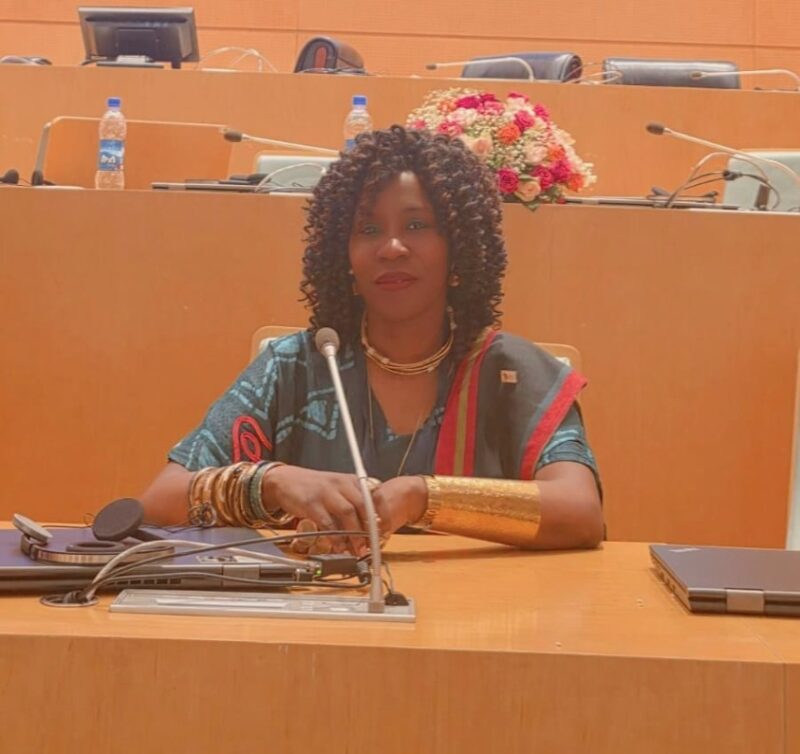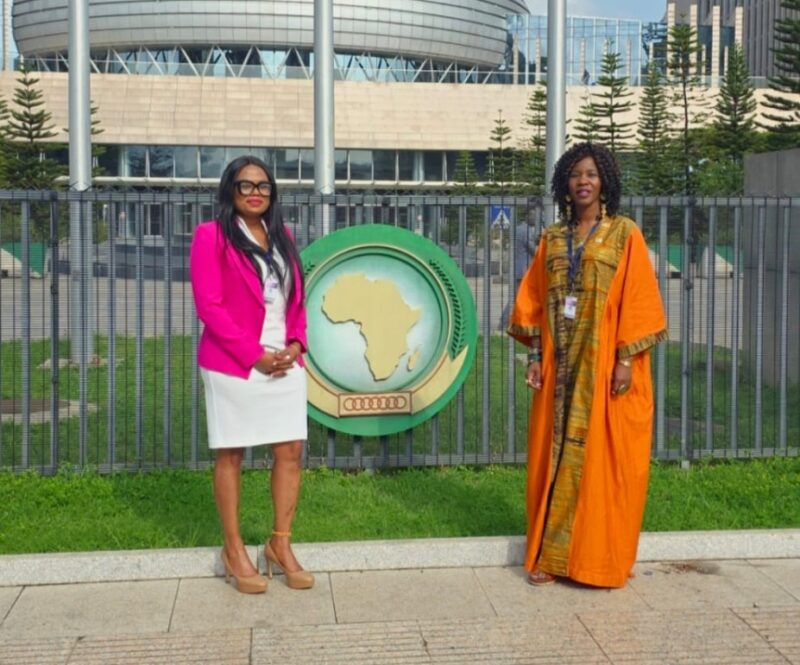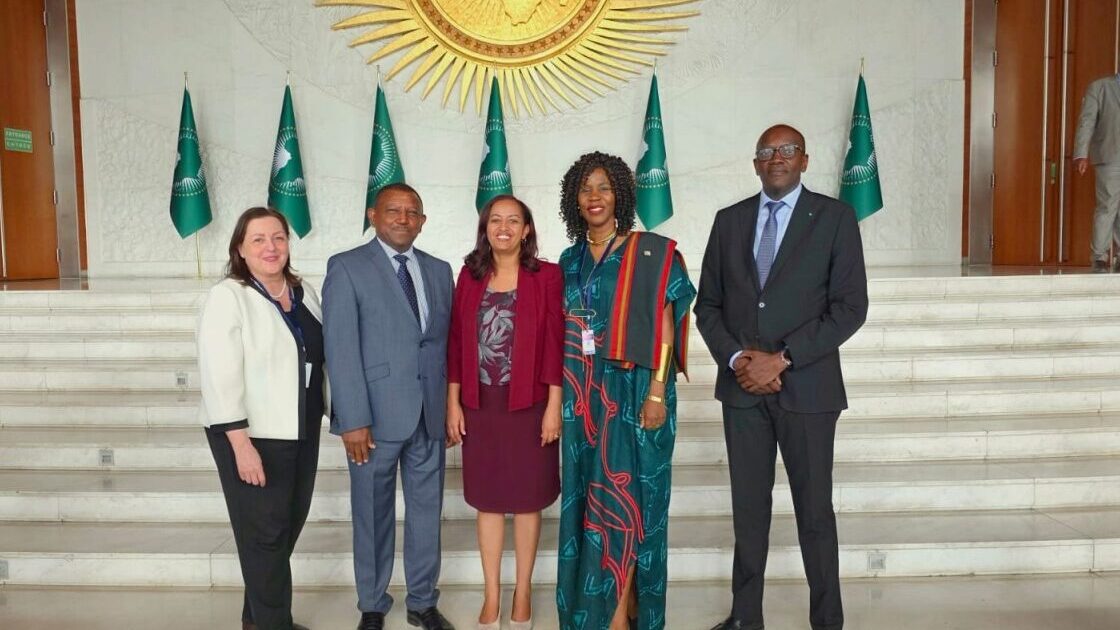Miriam Mutebi, Breast Surgical Oncologist and Assistant Professor in the Department of Surgery at the Aga Khan University Hospital, posted on LinkedIn:
“Some rooms stay with you.
Not because they’re filled with titles and formalities, but because they’re filled with clarity. That’s what the Rays of Hope Summit at the African Union felt like.
Convened by the IAEA, it brought together voices from across Africa and beyond to address one of our region’s most pressing crises: access to radiotherapy and cancer care. I was invited to contribute as both a breast cancer surgeon and a representative of AORTIC Africa, and while the agenda was technical, the stories were deeply human.
This wasn’t just about machines or policies. It was about people.
Our session began with a powerful testimony from a young woman who shared her experience navigating a breast cancer diagnosis in a system that repeatedly failed to see her. Dismissed because of her age. Forced to self-advocate. Eventually, undergoing surgery and radiotherapy, only for the radiotherapy machine to break down mid-treatment.
That single story captured what so many patients across Africa endure: delays, dismissal, fear, and fractured systems. But it also reminded us why we do this work. Because behind every data point is a name. A face. A life.
What I Shared: The Real Work Ahead
In my intervention, I reflected on what it takes to strengthen breast cancer care systems in Africa. At AORTIC, our approach isn’t just technical — it’s systemic, community-rooted, and unapologetically African-led.

Here’s where we’re focusing our energy:
- Strengthening the entry point. We’re training primary healthcare workers to spot early signs and symptoms, navigate referral pathways, and reduce the number of touchpoints patients must go through before receiving a diagnosis.
- Improving biopsy and diagnostics. A biopsy isn’t just a procedure — it’s a turning point. We’re helping ensure samples are taken correctly, stored properly, and processed efficiently to support timely and accurate treatment plans. We’ve also supported the development of multidisciplinary approaches to care, including advances in breast surgical care.
- Scaling radiotherapy capacity. Many clinicians are transitioning from outdated machines to newer technology. We’re supporting that transition with training, because access without capability is not enough. We’re investing in skills development across the entire radiotherapy workforce and creating forums for professionals to address care delivery challenges and co-develop solutions for common cancers.
- Shifting the language of cancer. We must normalize these conversations. Cancer isn’t taboo. It’s treatable when caught and managed early. AORTIC continues to push for more culturally resonant, stigma-free language around diagnosis, treatment, and survivorship.
- Developing political advocacy. Civil society must know what to ask of its policymakers. Our advocacy trainings are equipping CSOs across Africa with the tools to push for better cancer care and accountability in their regions.
Learning from Each Other
Over the two days, we gained practical insights from countries such as Botswana, Kenya, the DRC, Ghana, Pakistan, and Turkey, and observed best practices from Latin America, Europe, and Asia.
Global problems, yes. But deeply local learnings. We also heard from our partners, including London Global Cancer Week and the IAEA, about the upcoming World Radiotherapy Day on September 7th, a day AORTIC is proud to champion.

What Stays With Me
There is no single solution. But this much is clear:
- Cancer care is a justice issue. Not a luxury.
- Radiotherapy is not optional. It’s essential.
- Systems don’t fix themselves. We must build them together.
And most importantly? No one is coming to solve this for us. We must lead.
I left Addis with renewed urgency and cautious optimism. The momentum is building — and if we stay committed, rooted in community, science, and collaboration, real change is not only possible. It’s already beginning.”
You Can Find More Posts Featuring Miriam Mutebi on OncoDaily.


